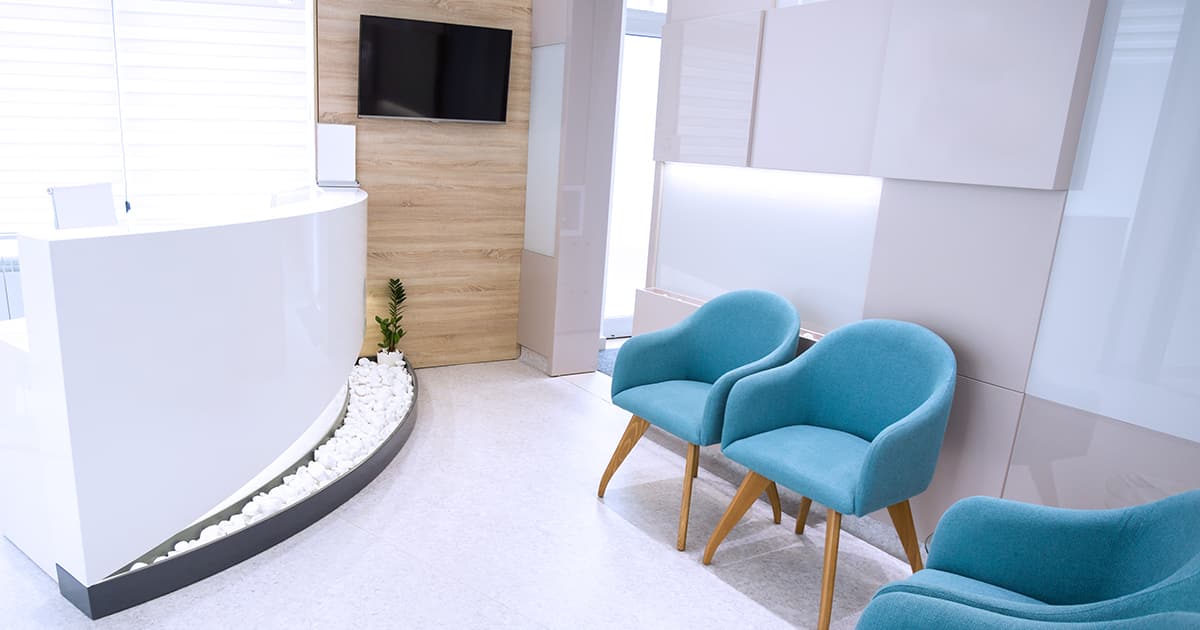We are often asked by potential dental practice sellers what they need to do to get their practice ready to be sold. Our expert dental brokers developed a list of 10 tips to prepare for a dental practice sale. They are:
In today’s market, selling a practice is “easier said than done.” It is necessary for you to plan well in advance for the sale of your practice. Depending on your location, metropolitan to rural dental practice sales could be six months to several years.
 2. CLEAN UP THE CLUTTER
2. CLEAN UP THE CLUTTERDon’t underestimate the impact of first impressions when preparing for a dental practice sale. Patients walk in the front door and so do buyers. Many practices have accumulated years of clutter (books, journals, old dental equipment, and artifacts).
All areas of the practice need to participate in de-cluttering. Institute a monthly or quarterly clean up so that you don’t draw too much attention to what you are actually planning. Dental practice buyers will expect an office to be organized and clean.
Like the appearance of your home, the practice should look neat and tidy when attempting to sell it. Some low-cost items like carpeting, wallpaper and paint can do wonders for the appearance of an office and enhance its appeal. Another tip is to make sure all the lights are working and that they are all giving off the same type of light.
No buyer wants the first order of business to be raising fees! If your practice has been lacking in updating your fee schedule, do so in preparation of a dental practice sale. Fees should be evaluated regularly and adjusted accordingly. There are a number of resources available to help. An average to above average fee schedule shows a patient acceptance of quality dentistry.
Hygiene usually accounts for around 25% of the practice revenue in a general practice. If your number is less than this, maybe your recall system needs a boost. Some aging practices evolve into a voluntary recall system. Instituting an active recall system will not only increase your production, but your active patients and patient flow.
Although it is not advisable to make major equipment purchases immediately preceding the sale of your practice, it is advisable to get your equipment functioning well, and if necessary, replace or add certain items.
For example, recovering a dental chair or replacing a cabinet facing are a few items that can enhance the practice’s appearance and productivity and increase the value of a dental practice.
Today’s buyers are seeking more modern equipment and technology. Invest wisely and consult with a trusted advisor or dental broker before committing.
Some practices have accounts receivable that should have been turned over to collections or written off. This should be done on an ongoing basis; however, it is imperative to handle these accounts before the practice is sold.
With some exceptions, it is important that the buyer have a facility in which to practice. If you lease your space, be sure that your lease is current and that renewal options, assignments and/or new leases are available to a buyer.
Most buyers will require dental practice financing and today’s healthcare lenders require a minimum remaining term of five years, which can be made up with options. In many cases, the new buyer will be negotiating a new lease for the facility.
Caution: please check with your advisors before signing a long-term lease. If your plan is for the next few years, a series of one- or two-year renewal options might be a good choice.
In anticipation of the sale of the practice, some doctors cut back significantly on their schedules, thus affecting the practice’s production, new patients, vitality and ultimately, value. It is critical that the practice’s production does not slide prior to sale. The number one negative effect on a practice’s value is declining revenues. On the flipside, don’t accelerate your treatment plans. Leave some meat on the bone. Buyers and advisors may recognize this and it could have a negative impact on your value.
Before you make what may be a “once in a lifetime” decision, you should check with the people you trust the most. Counsel from financial advisors (to check on the financial feasibility of retiring), accountants (to check on the tax ramifications), attorney (to check on any legalities or estate planning issues), and a competent, experienced dental practice broker (to pull the whole thing together) is essential for a successful dental practice transition.
Preparing to sell a dental practice soon? Check out our Eight Tips for a Smooth Dental Practice Transition.